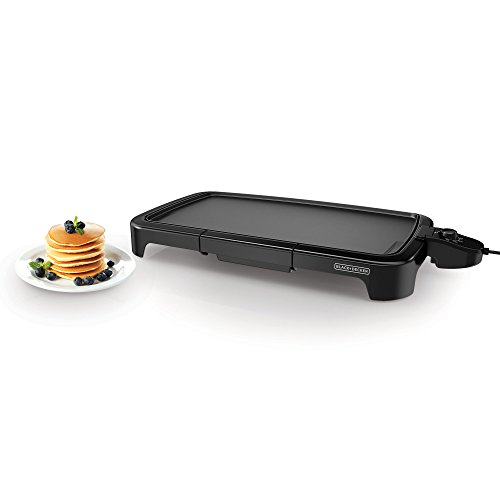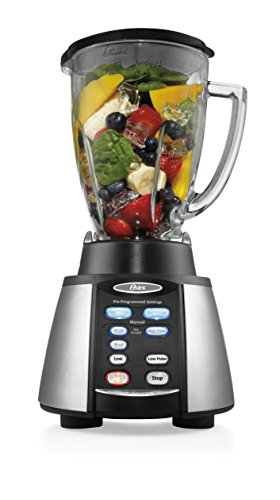Nutrition is often seen as a belief system. In other words, the answer to “What should I eat?” is often based on faith, magical thinking, emotional attachments, and/or what feels “truthful”, rather than on real evidence or the scientific method. Until we fix this, nutrition will get more confusing, not less.
Unfortunately, “nutrition” is often seen as a belief system.
But beliefs don’t necessarily have anything to do with facts. Today's society has you choose a side to be on and I feel like that is where most people go wrong. Why do we have to belong to a group that believes certain things about nutrition?
When we believe something, we choose to accept that it’s true, which may or may not have anything to do with factual certainty.
This approach of “believing” is frequently applied to nutrition.
As in:
“I believe that sugar is poison and addicting.”
“I don’t believe that humans were meant to eat grains or starches.”
“I believe in only eating foods that are natural and organic.”
Yet, nutrition is not a belief system. Nutrition is a science.
Believing something, or wanting it to be true, or feeling it should be true doesn’t mean it is true.
The problem happens when we base our own health decisions on emotional bias or the rules of a certain philosophy. Most people I come across with don't even know about the real facts of nutrition.
The bad news is science is anything but simple. It would be great if there was a single ingredient to cure cancer, or a single exercise to get you ripped. But physiology isn’t simple, and neither is science. Especially nutrition science as it is related to health and fitness.
You might be able to find a study to support nearly any nutrition-related belief you want. This is especially true if the study was small, or sponsored by a particular interest (like a supplement company). A lot of people extrapolate what they need out of a study just to prove the point that they have a side they stand on. When you hear someone give black and white answers you have to be cautious into how much you believe about what they're saying.
Practice having an open yet critical mindset.
“Because it worked for me” is not enough evidence to recommend “it” to another person.
4 things I always tell people to do in order for them to find what works best for them and their goals.
1. Be curious.
2. Ask questions.
3. Try different things.
4. Document the effects.
Over time, that’s as legitimate a way of knowing if something is beneficial to you or not. Make sure you’re always tracking, documenting the result, and sometimes revisiting old things that may have not worked in the past. Our bodies change over time so sometimes somethings are worth retrying.
My best advice is to live in the middle ground.
Biology rarely operates in extremes.
So be suspicious of “always” or “never” language in nutrition talk.
Instead, try “some people” and “sometimes” and “it depends”.
Notice when words and concepts trigger emotions.
Most belief-based nutrition systems are grounded in marketing that purposely gets you worked up. They try to elicit an emotional response from you so you move one way or another. Belief based systems might poke at your traumas, insecurities, or ego (the current “clean eating” craze is a good example).
Recognize when you feel “pulled” by a certain idea.
Ask yourself, am I considering this “system” for the right reasons? Am I looking for an “easy” solution because I feel sad/frustrated/lost/stressed today?
Be skeptical of one-size-fits-all approaches.
Humans are unique, complex systems. Your caloric needs and macronutrient/micronutrient breakdown is going to be different than anyone else.
There is no one best diet. Any plan should be a system that’s based on evidence, and truly reflects the client’s unique lifestyle, goals, and needs.
Knowledge is power.































